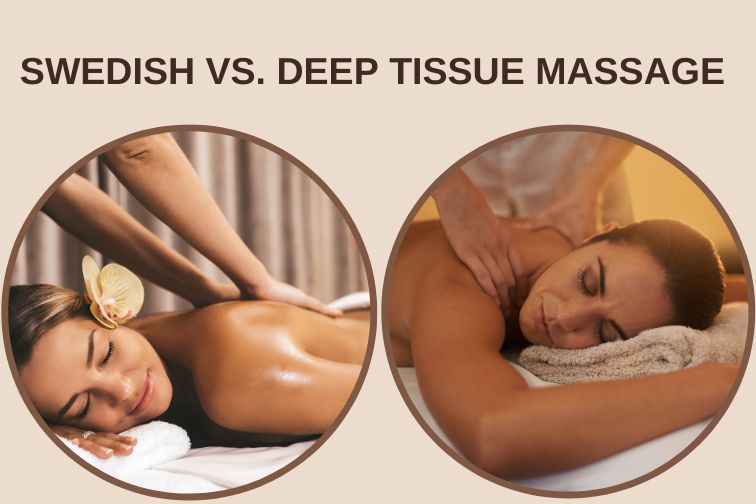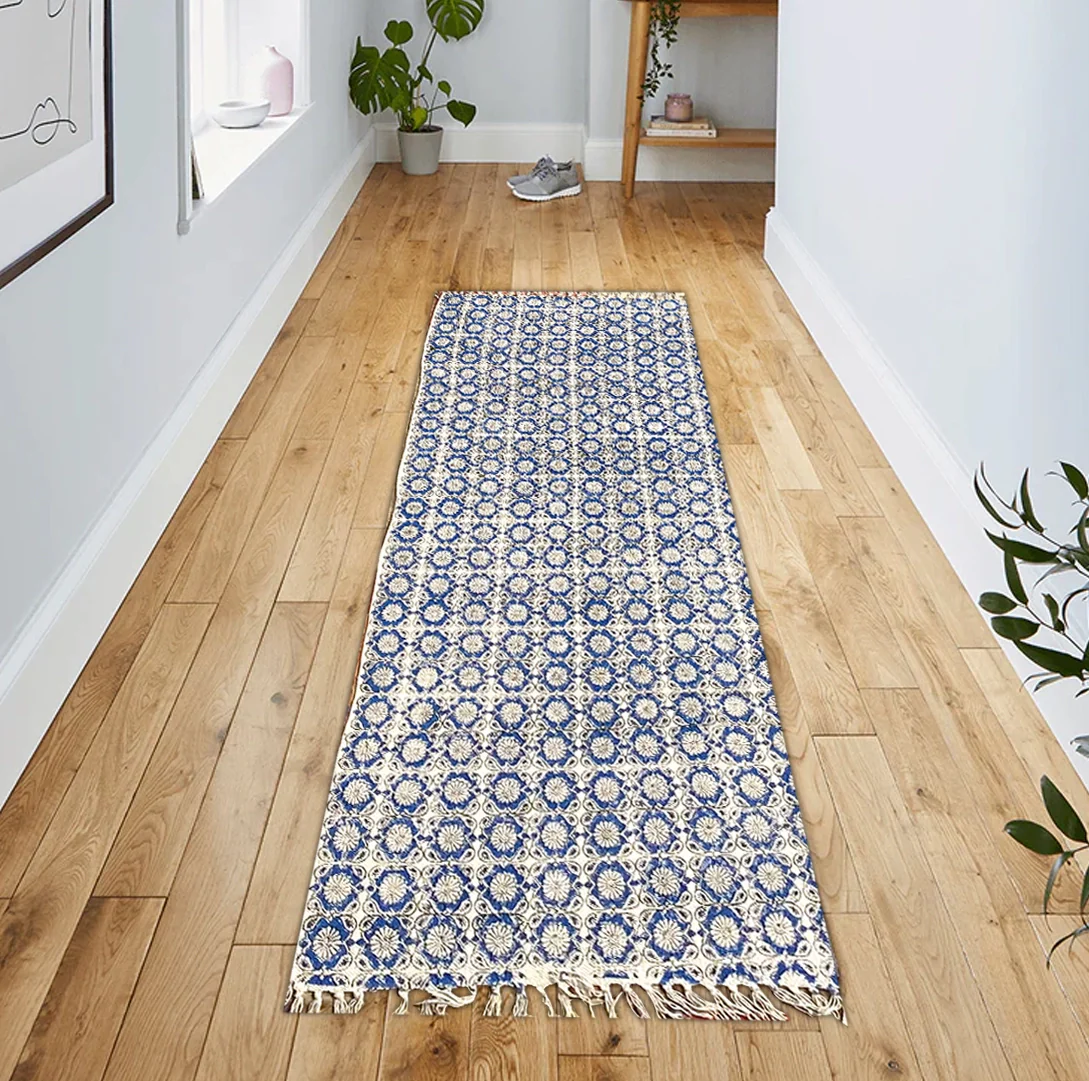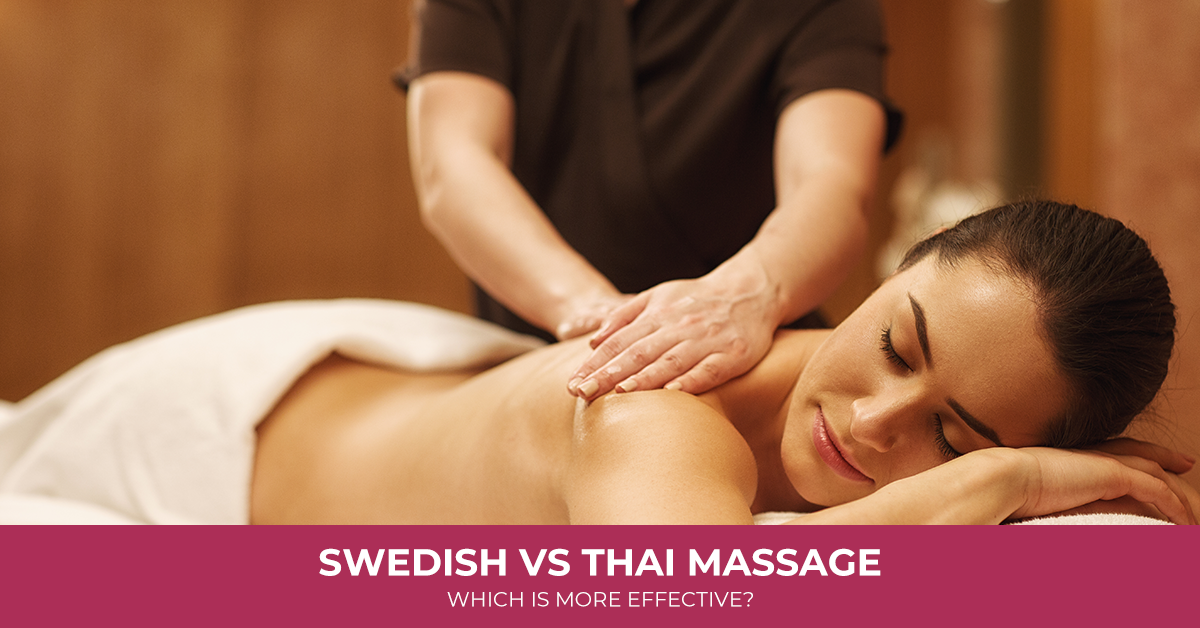Swedish vs Deep Tissue Massage: Key Differences

When it comes to relaxing and relieving muscle tension, massage therapy offers several techniques that target different needs. Two of the most popular types of massages are Swedish massage and deep tissue massage. While both techniques provide numerous health benefits, they are quite different in terms of pressure, techniques, and the issues they address. If you are considering visiting a Body Massage Center in Udaipur, understanding the key differences between these two can help you choose the right option for your body.
What is a Swedish Massage?
Swedish massage is a gentle and relaxing form of massage that focuses on enhancing circulation and relieving stress. This technique uses long, flowing strokes combined with kneading and gentle circular motions to target the outer layers of muscles. The primary goal of a Swedish massage is to promote overall relaxation and improve blood flow throughout the body.
This type of massage is ideal for individuals who are new to massage therapy or those who want to unwind after a long day. Since it is a light-pressure massage, it does not target deep tissues, making it a suitable choice for people with mild tension or soreness. If you are looking for a calming and refreshing experience, a Swedish massage at a Spa in Udaipur can be the perfect way to relax.
Techniques Used in Swedish Massage
Swedish massage involves a variety of techniques that work together to create a soothing experience. These techniques include:
- Effleurage: Long, gliding strokes that promote relaxation and improve blood circulation.
- Petrissage: Kneading and lifting the muscles to release tension and enhance flexibility.
- Friction: Small, circular movements that warm up the muscles and increase blood flow.
- Tapotement: Gentle tapping and rhythmic movements that stimulate the muscles and nerves.
By combining these techniques, Swedish massage helps reduce stress, improve circulation, and enhance flexibility.
Benefits of Swedish Massage
Swedish massage offers numerous benefits for the body and mind. Some of the key benefits include:
- Promotes relaxation and reduces anxiety.
- Improves blood circulation and oxygen flow.
- Relieves mild muscle tension and stiffness.
- Enhances flexibility and range of motion.
- Boosts the immune system by encouraging lymphatic drainage.
For anyone seeking a relaxing escape, Swedish massage is a great option to unwind and feel refreshed.
What is a Deep Tissue Massage?
Deep tissue massage, as the name suggests, focuses on applying firm pressure and slow strokes to target the deeper layers of muscles and connective tissues. This type of massage is designed to relieve chronic pain, muscle stiffness, and tension that may be caused by injury, poor posture, or repetitive movements.
Unlike Swedish massage, deep tissue massage uses intense pressure to break down muscle adhesions (knots) and release tension in the deeper layers of the muscles. While the pressure may feel slightly uncomfortable at times, it is highly effective in addressing long-term muscle pain and tightness. If you are experiencing chronic pain or muscle stiffness, visiting a Body Massage Center in Udaipur for a deep tissue massage can provide much-needed relief.
Techniques Used in Deep Tissue Massage
Deep tissue massage uses specific techniques that go beyond the surface to target deep muscle layers. Some of these techniques include:
- Stripping: Applying deep pressure along the length of the muscle fibers.
- Friction: Using concentrated pressure to break down scar tissue and adhesions.
- Trigger Point Therapy: Focusing on specific tight areas that cause pain and discomfort.
These techniques allow the therapist to reach the deep layers of muscles and release chronic tension effectively.
Benefits of Deep Tissue Massage
Deep tissue massage provides a range of benefits for people dealing with persistent muscle issues. Some of the notable benefits include:
- Relieves chronic pain and muscle stiffness.
- Breaks down scar tissue and adhesions.
- Improves posture and mobility.
- Reduces inflammation and promotes faster recovery.
- Alleviates stress and enhances overall relaxation.
For individuals looking to address deep-seated muscle tension, deep tissue massage is a powerful and effective solution.
Key Differences Between Swedish and Deep Tissue Massage
While both types of massage offer amazing benefits, they cater to different needs. Below are the key differences between Swedish and deep tissue massage:
-
Pressure and Intensity:
- Swedish massage uses light to medium pressure for relaxation.
- Deep tissue massage applies firm and intense pressure to target deep muscles.
-
Purpose:
- Swedish massage aims to promote relaxation and improve circulation.
- Deep tissue massage focuses on relieving chronic pain and tension.
-
Techniques:
- Swedish massage uses gentle strokes and circular motions.
- Deep tissue massage uses slow, deep strokes and concentrated pressure.
-
Ideal for:
- Swedish massage is ideal for beginners and people seeking relaxation.
- Deep tissue massage is suitable for individuals with chronic pain or muscle tightness.
Choosing the Right Massage for You
When deciding between Swedish and deep tissue massage, consider your goals and physical condition. If you want to relax and de-stress, a Swedish massage is the ideal choice. However, if you are dealing with chronic pain or stiffness, a deep tissue massage will provide better results.
If you are unsure which type of massage is best for you, consult with a professional therapist at a Spa in Udaipur or visit Kokam Thai Spa for personalized guidance. The experts can assess your needs and recommend the best option to meet your wellness goals.
Final Thoughts
Both Swedish and deep tissue massages offer incredible benefits, but they serve different purposes. Whether you are looking for relaxation or relief from chronic pain, understanding the differences between these two techniques can help you make an informed decision. When visiting a Body Massage Center in Udaipur, make sure to communicate your preferences with the therapist to ensure the best experience possible.







